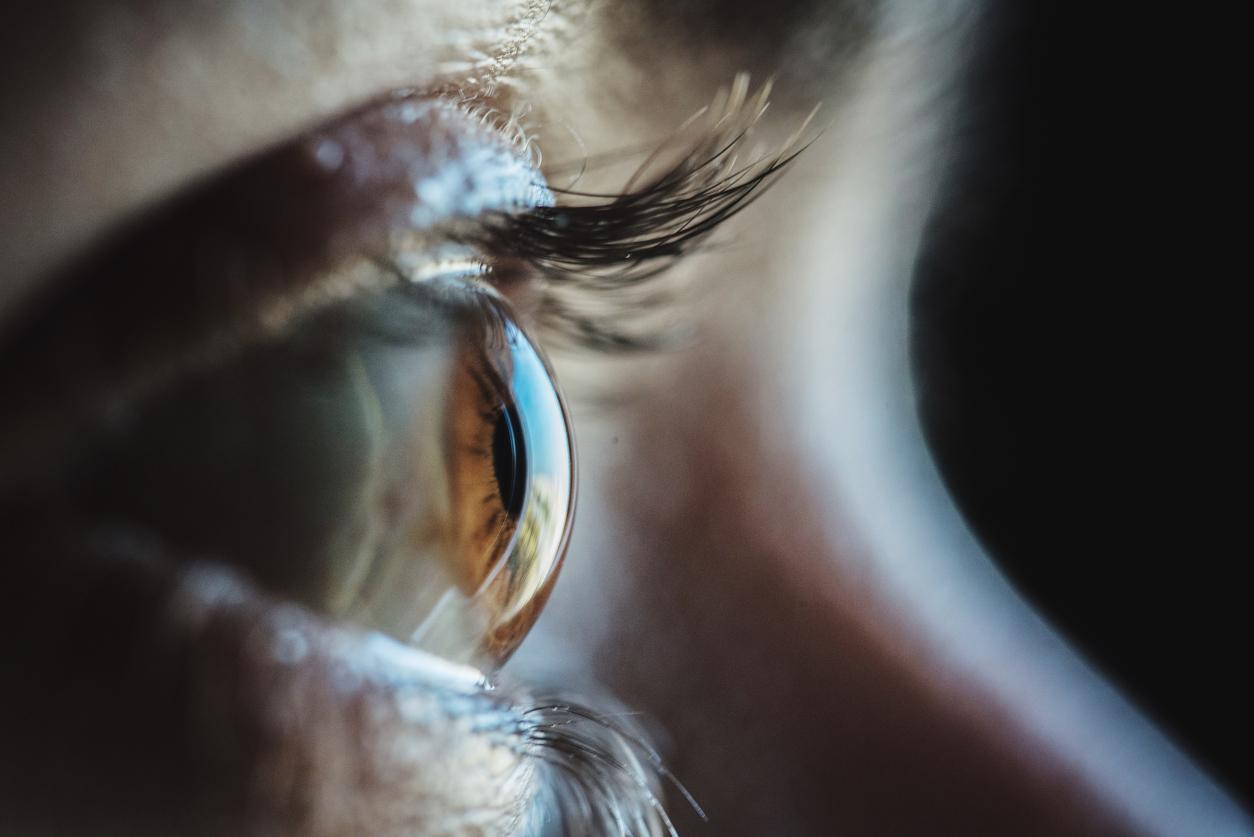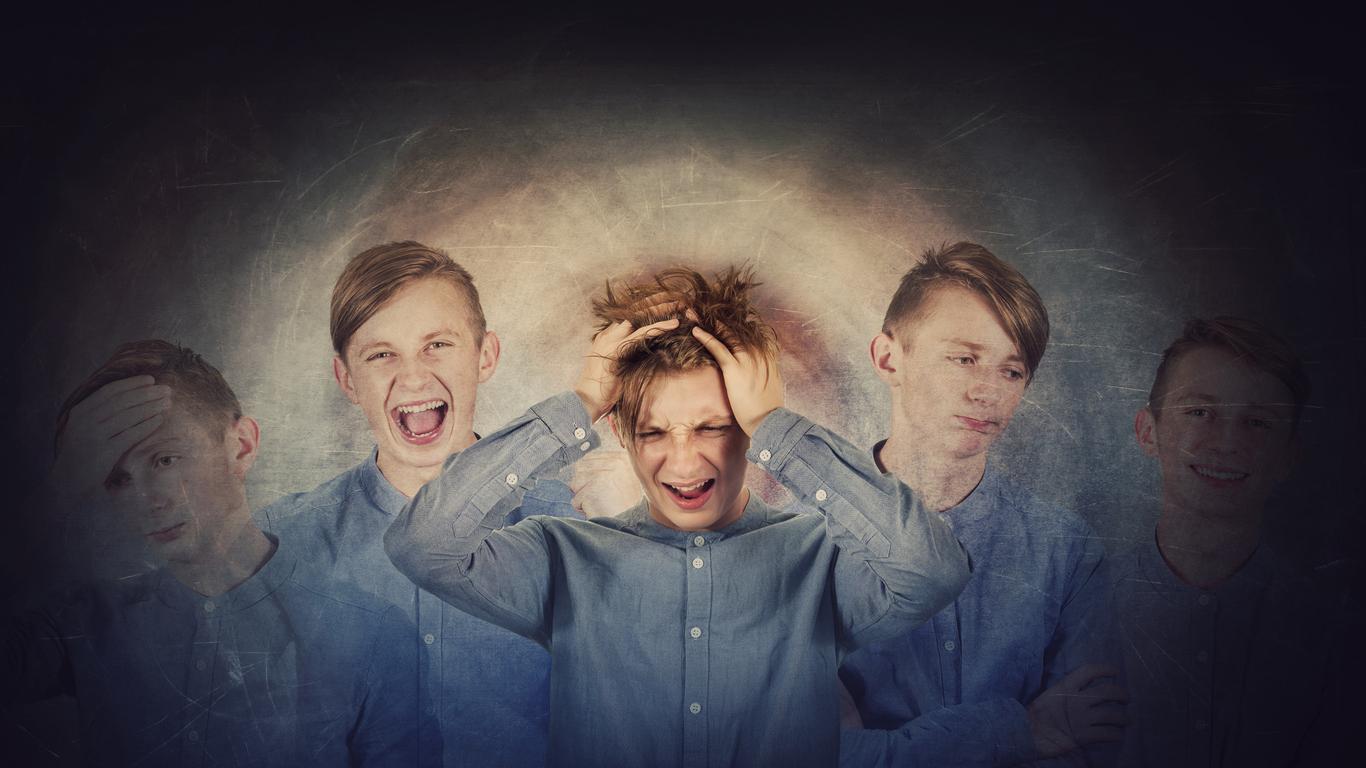Interacting with others is often a source anxiety for people with schizophrenia. The project alter ego, led by the Montpellier University Hospital Center since 2013, aims to work on this aspect of the disease. The first results, relayed by Science et Avenir, were presented in Lyon during the 9th edition of the French congress of psychiatrists.
Birds of a feather flock together
Stéphane Raffard and Delphine Capdevielle, who coordinate this project, explain that in schizophrenic patients, there is a decrease in facial expressions and gestures associated with speech. The device is simple, an avatar strongly resembling the patient is created, then the latter must make exactly the same gestures as his digital double, as in front of a mirror. His clone also gives advice such as encouraging him to do more sport. This therapy is based on the theory of similarity, or resemblance, which suggests that it is easier to interact and learn with someone who looks like us. This digital therapy aims to improve the social relations of schizophrenics.
The first results are encouraging, but below the team’s expectations. After 8 days of digital therapy, the patients were asked to answer a questionnaire. An increase in movements and imitations has been observed in patients. However, no change in behavior has yet been seen. The research team plans to repeat these experiments and incorporate robots. The hypothesis is that they might be more suggestive than a representation of oneself on a screen.
Read also :
Schizophrenia: the area of the brain responsible for “voices” finally discovered!
Cannabis smokers are 5 times more likely to have schizophrenia
Mental illnesses: avatars to treat auditory hallucinations















